Hot Products
- Lavender Essential Oil
- Jasmine Essential Oil
- Rose Essential Oil
- Ylang Ylang Essential Oil
- Patchouli Essential Oil
- Sandalwood Essential Oil
- Helichrysum Essential Oil
- Neroli Essential Oil
- Chamomile Essential Oil
- Clary Sage Essential Oil
- Eucalyptus Essential Oil
- Lemon Essential Oil
- Lemongrass Essential Oil
- Orange Essential Oil
- Peppermint Essential Oil
- Rosemary Essential Oil
- Tea Tree Essential Oil

Thyme Oil
The Thyme plant is extracted from steam distillation method of the herb that is evergreen perennial shrub that grows up to 45 cm in height. It has woody root, multi-branched stem, and small greenish aromatic leaves. It bears pale purple or white flowers. White thyme can be derived if red thyme is distilled further. However, white thyme is generally derived from Thymus Zygis species. Thyme is derived from the Greek word 'thymos' that means 'perfume'.
| General Name: | Thyme Essential Oil |
| Botanical Name: | Azadirachta Indica |
| Method of Extraction: | Cold Pressed |
| Part of Plant Used: | Dried flowering tops and leaves of the plant |
| Origin: | India |
| Application: | Thyme oil strengthens the nerves, aids memory and concentration, can help with the feeling of exhaustion and combats depression, while it fortifies the lungs and helps with colds, coughs, asthma, laryngitis, sinusitis, catarrh, whooping cough, sore throats and tonsillitis. Thyme oil is beneficial to boost the immune system and can help fight colds, flu, infectious diseases and chills and as a urinary antiseptic, it is very helpful for cystitis and urethritis. The warming effect of this oil can help in cases of poor circulation, as well as for arthritis, rheumatism, gout, muscular aches and pains, sprains and sport injuries. It is also helpful for cellulite, anorexia, obesity and edema and in cases of scanty periods, leucorrhoea, and to speed up birth and to expel afterbirth. |
| Strength of Aroma: | Strong |
| Color: | reddish-brown to amber in color |
| Blends Well With: | Thyme oil blends particularly well with Bergamot, Grapefruit, Lemon, Lavender, Rosemary and Pine. |
| Aromatic Scent: | a rather sweet, yet strongly herbal smell |
| History: | It is an ancient herb used in medicine by the Greeks, the Egyptians and the Romans and is an evergreen perennial shrub that grows up to 45 cm (18 inches) high, with a woody root system, much-branched stem, small elliptical greenish gray aromatic leaves and pale purple or white flowers. The name is derived from the Greek word 'thymos' that means 'perfume' and was used as an incense in Greek temples. The Egyptians used it in embalming process. During the Middle Ages it was given to jousting knights for courage, and a sprig of the herb was carried into courtrooms to ward off diseases. |
| Precautions: | It is a very potent oil and should not be used during pregnancy or in cases of high blood pressure. Because of the phenols (carvacrol and thymol), which can irritate mucus membranes and cause skin irritation, it should not be used for skin care products, and in general should be used in low concentrations. |





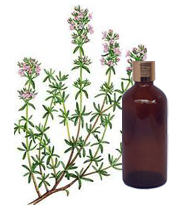
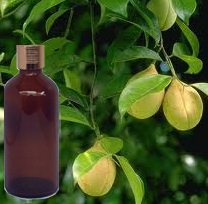
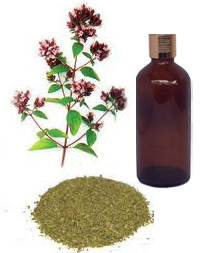
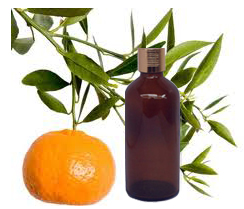
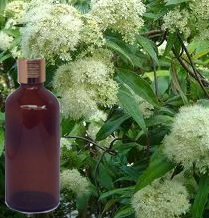
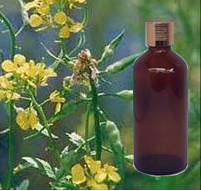
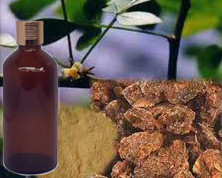
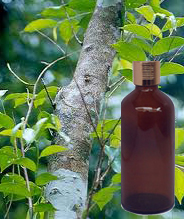
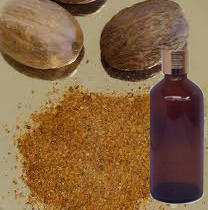
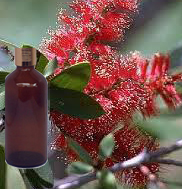
 E-mail:
E-mail:  MSN:
MSN: SKYPE:
SKYPE: